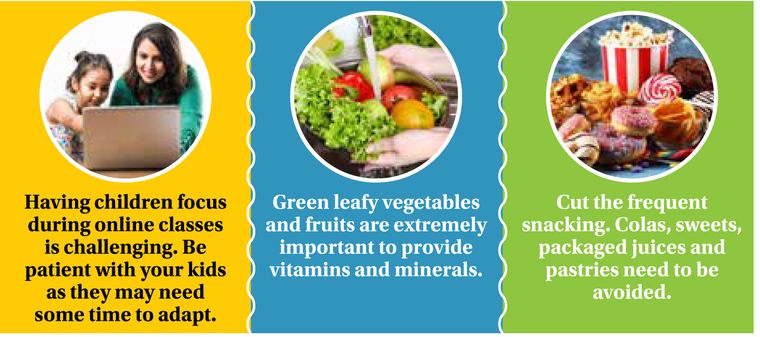In my speciality, I notice that vaccination of children under two years has been affected severely by the pandemic. Many vaccines require more than one dose—diphtheria, tetanus, pneumococcal meningitis, mumps and measles-rubella—and a huge gap between doses or an incomplete course is not a good idea. By all means, precautions need to be taken, but people need to remember that kids are susceptible to a number of infectious diseases, and they cannot afford these delays.
Studies across the world have proved that children are not a high-risk group for catching Covid-19, though they can be carriers of the infection and end up passing it on to grandparents. Other diseases such as chronic liver disease and infectious bile disease also need urgent attention.
Fewer gastric infections
Staying in though has had its advantages. Typically, during this time of the year, we see a rise in cases of diarrhoea, typhoid and viral hepatitis. However, cases of viral Hepatitis A and E and diarrhoea have come down since food and drink indulgences—such as sugarcane juice and cut fruit salads—from outside the home have reduced. It is important to pay attention to the quality of water and ensure that fruits and vegetables are washed properly.
Be patient with children
Being at home has also meant that parents and children are getting time to bond like never before. For some families though, it can be a big struggle. Having children focus during online classes is challenging. My advice to parents would be to be patient with such kids since it is a radical change after all, and some children need time to adapt.
Eating healthy at home
Paying attention to a child’s nutrition is also a must. A typical Indian thaali is a great way to provide a mix of cereal, vegetables, dal and salad. Green leafy vegetables and fruits are extremely important to provide vitamins and minerals. With reduced physical activity, children are also gaining weight. Constant munching has to be avoided. Colas, sweets, packaged fruit juices and pastries need to be avoided. Indoor exercises such as skipping need to be emphasised. Obesity can predispose them to health problems such as high blood pressure, high sugar levels and dyslipidemia (abnormal amount of lipids in blood) that can cause heart disease later in life.
Lastly, I think the fear psychosis owing to the ‘infodemic’ around Covid-19 needs to be remedied by focusing on the positive aspects—the disease is being better understood, outcomes are definitely better, and until a vaccine is out, adequate precautions should be taken.
-As told to Namita Kohli
Dr Sibal is group medical director and senior paediatric gastroenterologist, Apollo Hospitals Group



